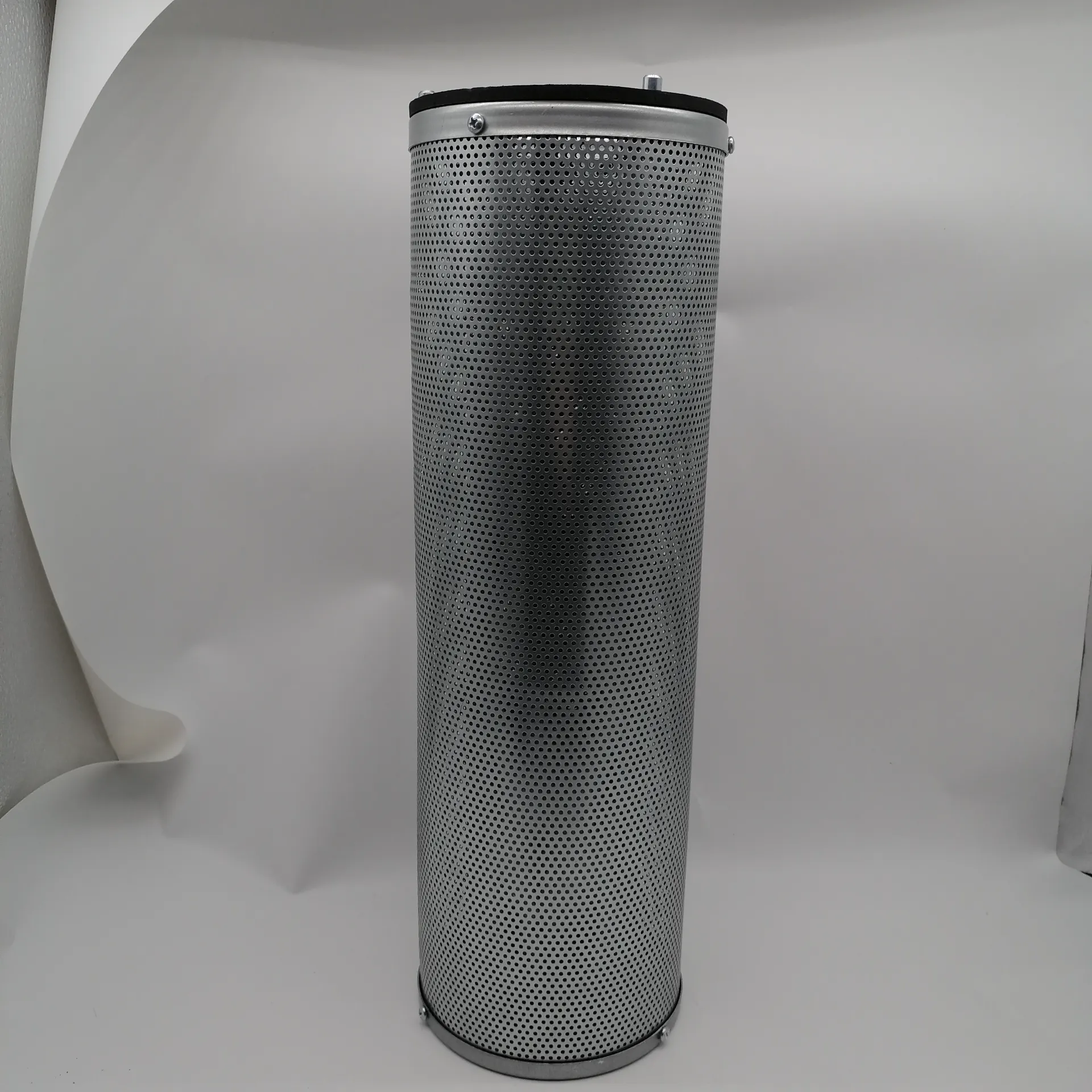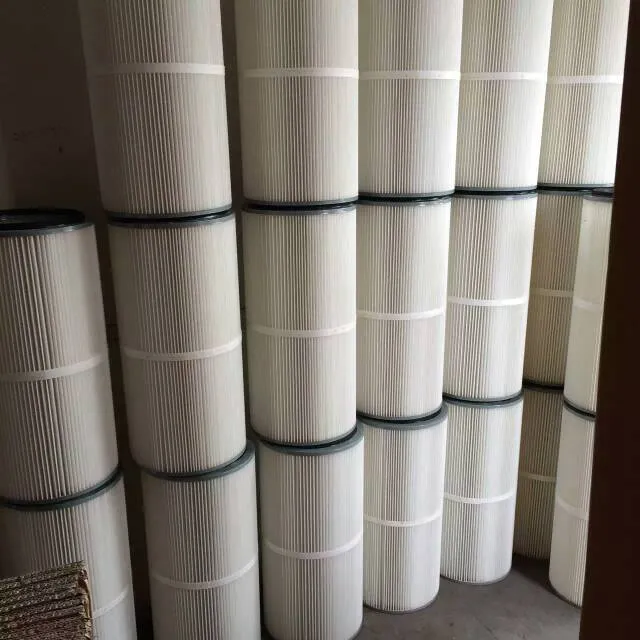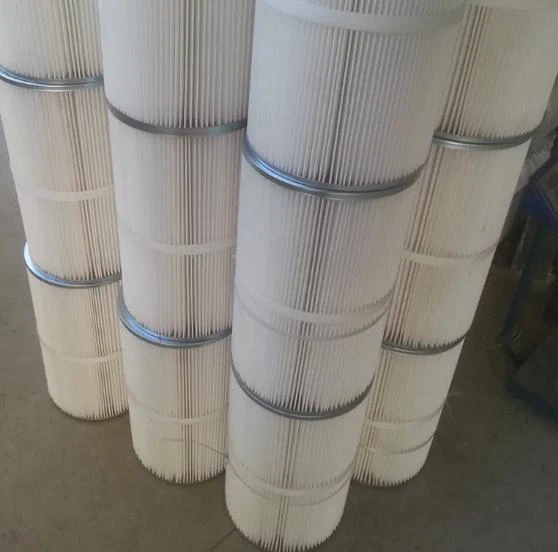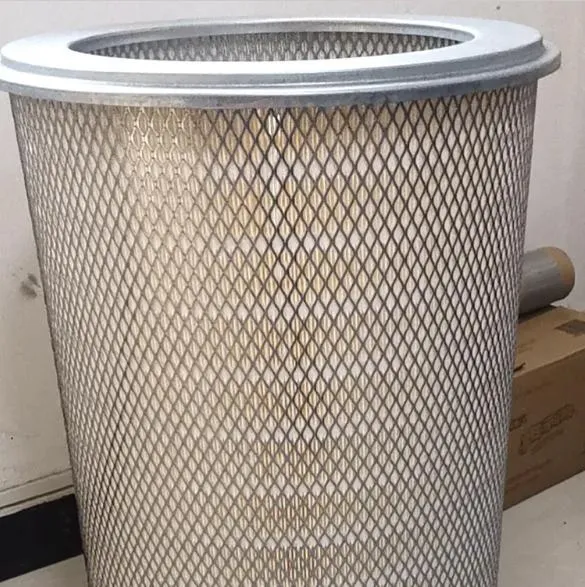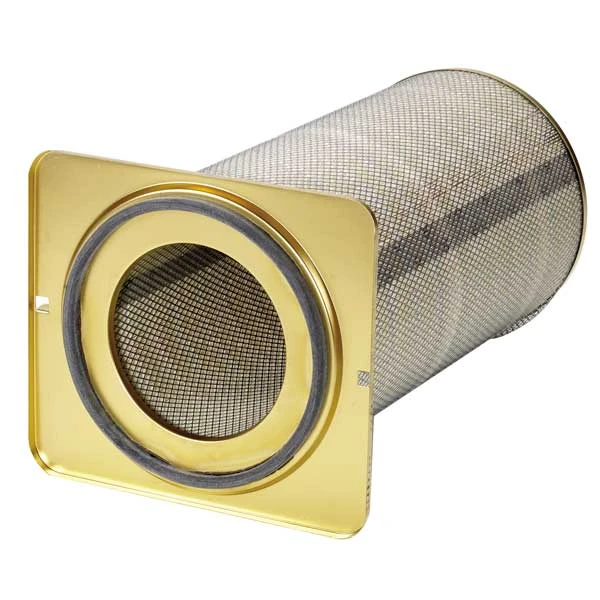 Tel:
+8618931101301
Tel:
+8618931101301
lis . 08, 2024 14:53 Back to list
gas turbine filter
The Importance of Gas Turbine Filters in Modern Energy Systems
Gas turbines are a critical component in modern power generation and aviation, offering a reliable and efficient means of converting fuel into energy. As the demand for cleaner and more efficient power sources continues to rise, the importance of gas turbine filters cannot be overstated. These filters play a vital role in ensuring optimal performance, reducing emissions, and extending the lifespan of gas turbine systems.
Functionality of Gas Turbine Filters
Gas turbine filters are designed to remove impurities from the air before it enters the turbine. These impurities can include dust, pollen, industrial pollutants, and other particulates, which can cause significant damage to turbine components and degrade performance. By utilizing advanced filtration technology, these filters ensure that only clean air enters the combustion chamber of the gas turbine, thus enhancing efficiency and reliability.
Several types of filters are commonly used in gas turbine applications, including mechanical filters, electrostatic filters, and HEPA (High-Efficiency Particulate Air) filters. Each type has its unique advantages depending on the specific requirements of the gas turbine system. For instance, HEPA filters are capable of trapping particles as small as 0.3 microns with an efficiency of 99.97%, making them particularly suitable for environments with high levels of airborne contaminants.
Impact on Efficiency and Performance
The efficiency of a gas turbine can significantly decline if the air intake is not adequately filtered. Impurities can cause corrosion, erosion, and fouling of the turbine blades, leading to increased maintenance costs and downtime. Studies have shown that unfiltered or poorly filtered air can reduce turbine efficiency by up to 20%. As a result, investing in high-quality gas turbine filters is essential for maintaining optimal performance and achieving high operational efficiency.
gas turbine filter

Moreover, the impact of gas turbine filters extends to fuel consumption as well. A clean air supply allows for a more complete combustion process, maximizing the energy extracted from the fuel and minimizing wastage. This not only improves the overall efficiency of the turbine but also contributes to lower fuel costs and reduced greenhouse gas emissions.
Environmental Considerations
As global attention shifts toward environmental sustainability, gas turbine filters have emerged as a crucial component in reducing emissions. By ensuring that gas turbines operate at peak efficiency, these filters help minimize the release of harmful pollutants into the atmosphere. Furthermore, many leading filter manufacturers are committed to developing more environmentally friendly filtration solutions, focusing on materials that are recyclable and have a lower environmental impact.
In addition, gas turbine filters play a role in compliance with increasingly stringent air quality regulations. Power plants and industrial facilities must adhere to legal requirements regarding emissions, and using high-quality filters is an effective way to stay compliant while also improving operational efficiency.
Conclusion
In summary, gas turbine filters are integral to the overall performance, efficiency, and environmental impact of gas turbine systems. By removing contaminants from the air intake, these filters help protect turbine components, maintain optimal efficiency, and reduce emissions. As technology continues to evolve, advancements in filtration technology will further enhance the capabilities of gas turbines, supporting the transition to more sustainable energy systems. As such, it is imperative that operators and facilities prioritize the implementation of high-quality gas turbine filters to ensure the longevity and effectiveness of their energy-producing assets. Investing in proper filtration translates into financial savings, environmental responsibility, and compliance with regulations, making it a fundamental aspect of modern energy management.
-
Why is coconut shell activated carbon the preferred material for high-end filter elements?NewsMay.08,2025
-
5 maintenance tips to extend the life of dust filter elementsNewsMay.07,2025
-
Why does the air filter affect the power of the car?NewsMay.06,2025
-
When should the dust filter be replaced?NewsApr.30,2025
-
How to choose a special dust filter?NewsApr.29,2025
-
Industrial air filters: How to deal with high dust environments?NewsApr.28,2025

 Email:
Email:
